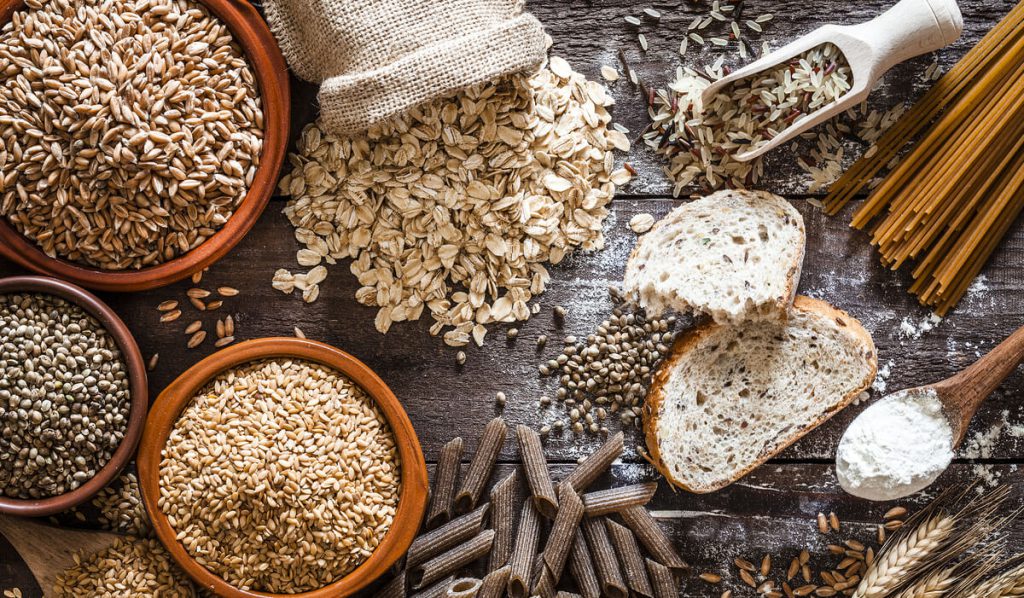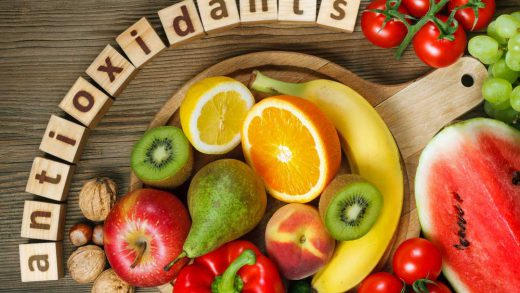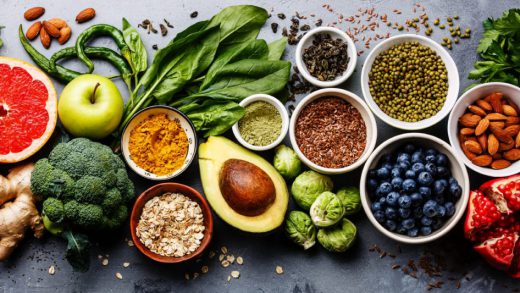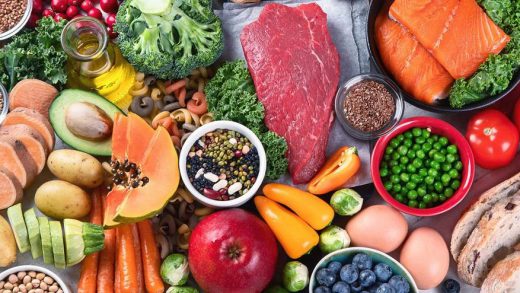As examined in balanced nutrition, Basic Food Groups can be classified as follows;
- Vegetables and fruits,
- Cereals,
- Meat-Egg- Legumes,
- Milk and milk products
A balanced diet for a healthy life and the consumption of foods belonging to the Basic Food Groups for a balanced diet are of great importance.

- Vegetables and fruits
Vegetable and Fruit food group vitamins and minerals; It is especially rich in folic acid, vitamins E, C, B2, calcium, potassium, iron, magnesium, fiber and antioxidants.
Foods in this group
All edible parts of plants, vegetables and fruits.
Main functions
- They supports growth and development.
- They provides cell regeneration and tissue repair.
- They contains essential elements for skin and eye health.
- They protects the health of teeth and gums.
- They provides a feeling of satiety..
- They are rich in elements that take part in blood production..
- They reduces the risk of obesity and chronic diseases ( cardiovascular diseases, hypertension, some types of cancer) due to unbalanced nutrition .
Consumption of vegetables and fruits of various colors and types is important. Since different vegetables and fruits contain different nutrients, the vegetables consumed during the day should be diversified. It is recommended that an adult consume at least 5 servings of vegetables and/or fruits per day. At least two servings of vegetables and fruits consumed daily should be green leafy vegetables/citrus fruits/tomatoes.

- Cereals
Cereals and cereal products are rich in nutrients such as vitamins, minerals, carbohydrates and fiber. Whole grains are a source of vitamins E and B1.
Foods in this group
Cereals such as wheat, rice, corn, rye and oats and flour, bulgur, cracked wheat, cereals and similar products made from them are included in this group.
Main functions
- They ensures that bowel movements are smooth. Consumption of these foods with high fiber content is important.
- The fiber found in whole grains; It is one of the basic dietary components that should be included in the diet for the prevention of diseases such as cancer, cardiovascular diseases, diabetes and obesity.
- Grain group nutrients are thought to have an important role against nervous and digestive system and skin diseases.
It is recommended to consume whole grain products as they are rich in fiber and unsaturated fats. The amount to be consumed varies according to the weight and physical work status of the individual. 6 servings of whole grain products (6 slices of bread or 3 slices of bread, 1 scoop of flour soup, 4 tablespoons of rice) can be consumed per day.

- Meat-Egg-Legumes,
Bu grupta yer alan besinler
There are foods such as meat, chicken, fish, eggs, dry beans, chickpeas, lentils. Oil seeds such as walnuts, hazelnuts, peanuts are also included in this group.
Main functions
- They provides nutrients that are involved in cell regeneration, tissue repair and vision.
- They are protein-rich foods, they meet the protein needed in a healthy life.
- The most important nutrients involved in blood production are provided by this group.
- It is the most important food group that has a role in gaining resistance against diseases.
- Nutrients involved in nervous, digestive system and skin health are mostly found in this group.
We can make recommendations for the consumption of foods in the relevant group as follows;
Meats;
- Meats are a good source of quality protein. It must be included in the diet, especially during infancy and childhood, when the protein requirement increases and rapid growth occurs.
- Since fatty meats have higher saturated fat and cholesterol content, those with diseases such as coronary artery disease, diabetes and hypertension should prefer lean red meat and skinless white meat (chicken, turkey) and fish under the control of a dietitian.
- Meat that has passed veterinary control should be consumed. Illegal cut meat can carry disease factors, all of the meat should be consumed after thoroughly cooked.
- While the meat is being grilled, the distance between the meat and the fire should be adjusted so that it does not burn the meat and does not cause charring, otherwise cancer-causing substances are formed. For the same reason, meat should not be cooked at very high temperatures for a long time.
Egg;
- Since it has high protein quality, it is beneficial to consume one daily by infants and children.
- In diseases such as kidney and liver failure, where the amount of protein in the diet is restricted, eggs are an important protein source due to their sample protein content.
- The lecithin in the egg helps to regulate brain functions.
- Since microorganisms easily pass through the shells of the eggs, especially the whites should be cooked well and consumed. Uncooked (raw) eggs should not be consumed.
Legumes;
- Due to its high fiber content and low fat content, it should be frequently included in the diet of cardiovascular and diabetes patients.
- It is recommended to consume especially dried legumes 2-3 times a week.
- Gas-forming effects can be minimized by soaking and cooking well. Cooking water should never be spilled.
- If legumes are mixed with grains at a certain rate and cooked well, protein quality can be increased. For this reason, cereals should also be included in consumption.






